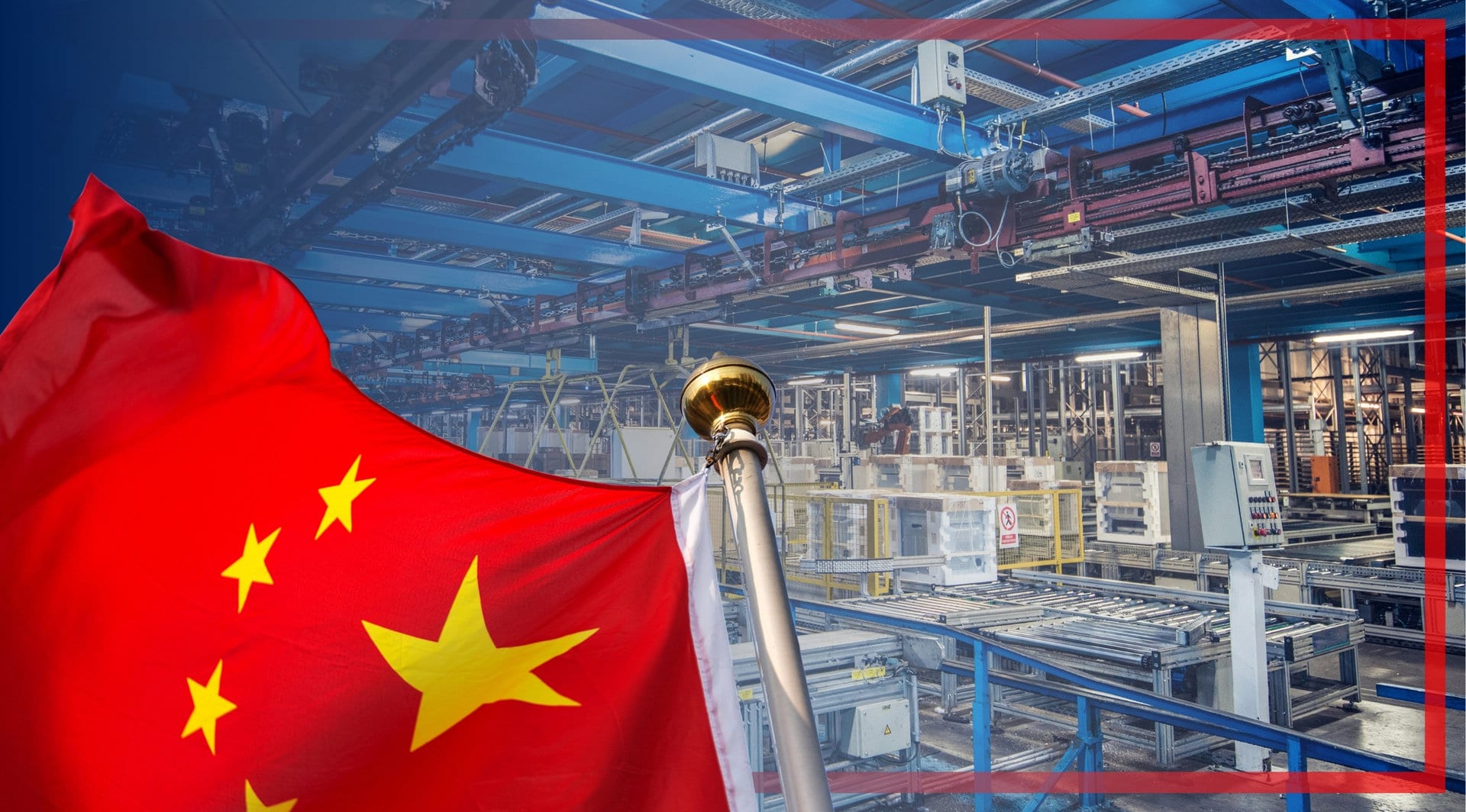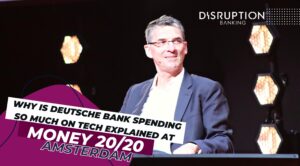Generating alpha over the last few years has been very tricky for hedge funds around the world. With global events such as the pandemic and war in Ukraine heavily disrupting markets, as well as the sudden onset of high inflation and monetary tightening, hedge funds have struggled to post returns. In 2022, equity and event-driven strategies lost 12.3% and 8% on average.
Amidst this volatility, macro strategies have proven their worth. Global macro funds achieved the best returns in 2022 and have had a strong start to 2023 as well. The HFRI 500 Macro Index in Chicago surged by 14.2% in 2022 at the same time as many other indices posted steep declines.
Macro hedge funds end 2022 on high, many others lose big, investors say https://t.co/zTjrBvJYR7 pic.twitter.com/8uTpyij7lj
— Reuters (@Reuters) January 11, 2023
Falcon Capital in Tel Aviv is one of those macro funds that has achieved adjusted alpha returns in a difficult environment. And, according to Co-Founders Motti Harush and Shahar Hen, they have done so in an unconventional way.
Harush explained that Falcon Capital is a “macro-driven” fund that generates alpha by “purporting to predict the next economic cycle” before it arrives. Put simply, the hedge fund seeks to take early, decisive positions on financial markets by predicting national and international trends related to topics as broad as inflation, interest rates, consumer demand, and geopolitics. And they don’t use traditional forms of data or modelling to do that.
Hen noted that the fund seeks to ascertain “sentiment” and judge the general economic mood through a “bottom-up” approach. He said that he often “walks around the shopping malls of Tel Aviv,” for example, as a way to judge consumer demand and the general strength of the economy. The more shoppers there are, the brighter he guesses Israel’s economic state to be. In turn, this helps Falcon to take positions on markets related to broad economic trends.
A similar situation emerged when advising clients on how to manage their real estate. Despite the fact that rent prices and house prices kept on increasing, leading many to think that further rises were simply inevitable, Hen saw early on that a bubble was forming. “It just didn’t make sense. Prices were rising but with no basis in reality,” he said. His clients were surprised when he advised them to sell off all their surplus real estate – but those that did, did so at the top of the market.
Israel’s housing market is headed for rough terrain in 2023, experts say https://t.co/VAuNuDDa6N
— The Times of Israel (@TimesofIsrael) January 6, 2023
Falcon profited from the increase in interest rates because they realised early on that inflation – and therefore higher rates – was on its way. Again, this realisation was prompted more by an anecdote and instincts than the traditional date forecasts deployed by most financial institutions. Harush recalled: “my wife was ordering some furniture online and complained that it was going to take several months to be delivered. I suspected there must be supply-chain issues. Shahar and I looked at the state of global shipping and saw that the number of ships at sea was much higher than usual. Goods and materials were effectively stuck at sea.”
Falcon took a bet on inflation and interest rates based on this observation that demand on land could not be satisfied with products stranded on the oceans. High demand for a limited number of resources is bound to push up costs. By keeping an ear closely to the ground, and surveying a wide range of traditional and alternative forms of data, Falcon has proved that it is possible to achieve strong returns even at times of market volatility.
Author: Harry Clynch
#HedgeFunds #Alpha #Israel #Macro















